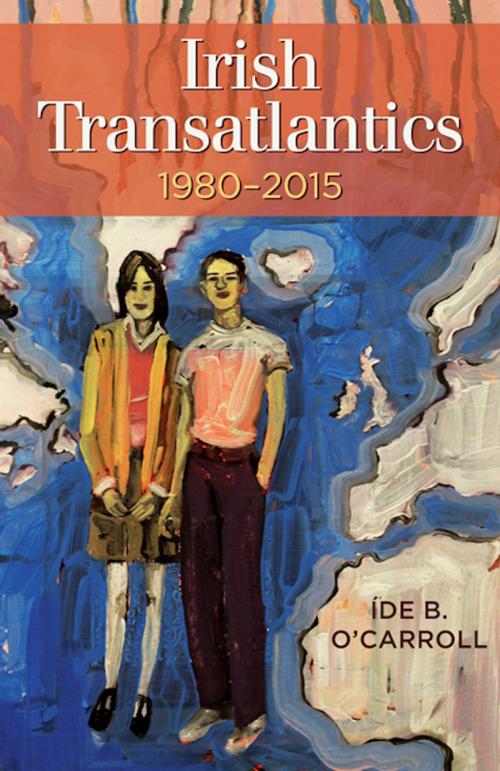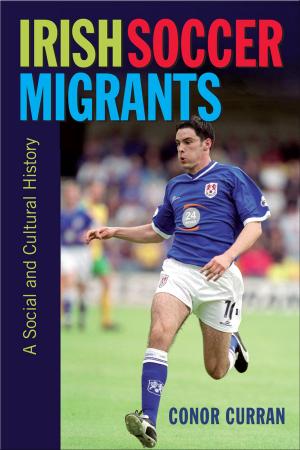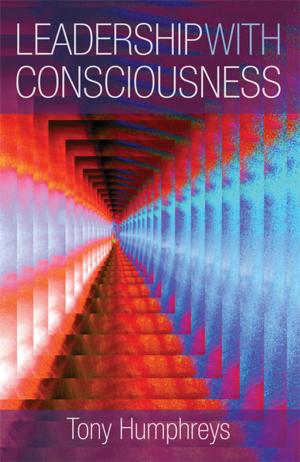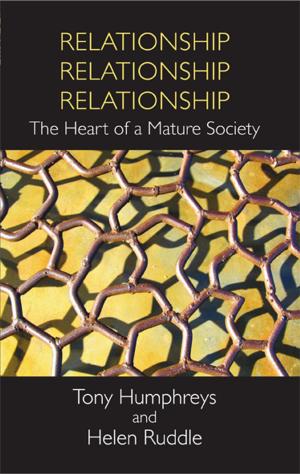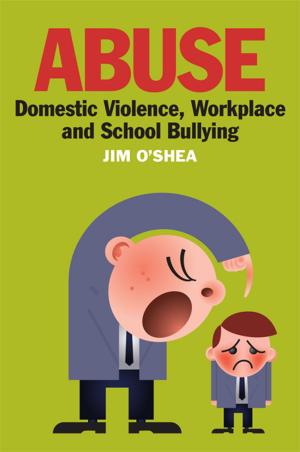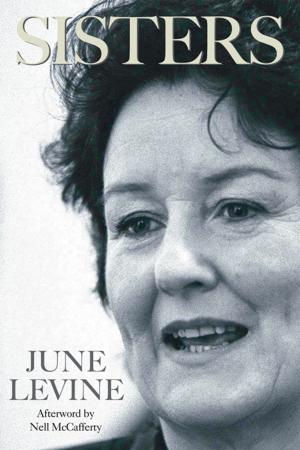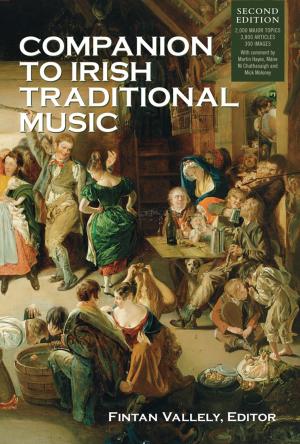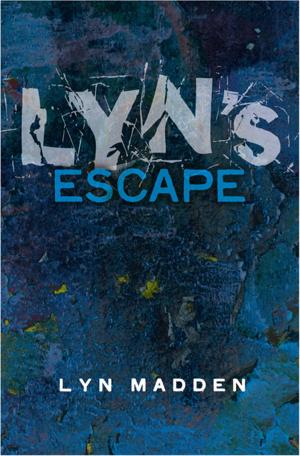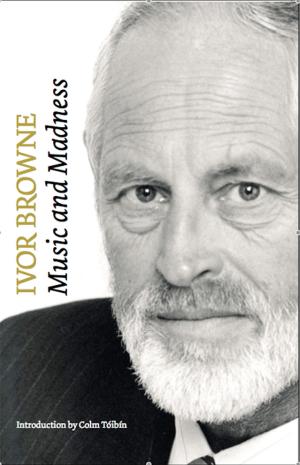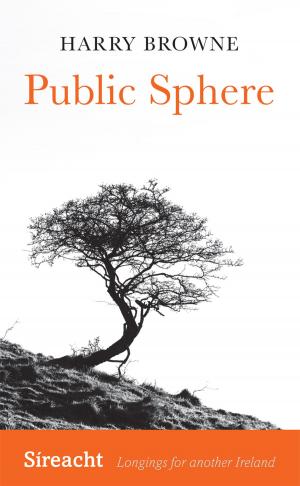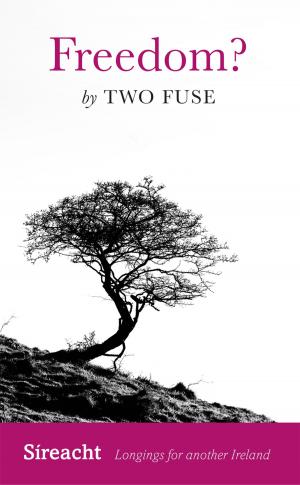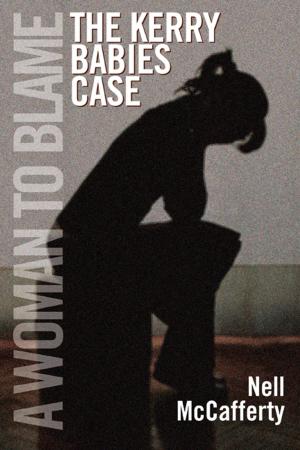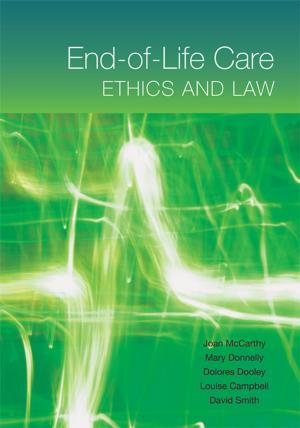| Author: | Íde B O'Carroll | ISBN: | 9781782052548 |
| Publisher: | Cork University Press | Publication: | June 12, 2018 |
| Imprint: | Attic Press | Language: | English |
| Author: | Íde B O'Carroll |
| ISBN: | 9781782052548 |
| Publisher: | Cork University Press |
| Publication: | June 12, 2018 |
| Imprint: | Attic Press |
| Language: | English |
This book charts the end of Irish emigration to America as we have known it. It is a story about 1980s emigrants, a generation forced out of Ireland by an economic recession, who could return home when the Irish economy improved in the late 1990s. Many did so while others chose to remain living in the USA. Resident now in Ireland or America, the people profiled in Irish Transatlantics describe how they lived their lives ‘here’ and ‘there’ in ways unimaginable to earlier generations. For decades they maintained and sustained connections to both places with the aid of each new technological advance - email, texts, Skype, social media. Their capacity to continue personal and professional ties that transcended national borders, marked the emergence of extensive transnationalism in Irish-US migration. In this book, O’Carroll also argues that since the USA is no longer the long-distance destination for departing Irish, this generation’s story is unique – it will never be replicated. O’Carroll uses ‘Transatlantic’ to illustrate a range of modern Irish migrant experiences– immigration reform advocates, the undocumented, carers, artists, academics, promoters of Irish culture and sport and entrepreneurs – over a thirty -five -year period. Her book profiles people like Tyrone-born Catherine Kelly and her young family who for many years lived a desparate life as undocumented immigrants in New York. The introduction of a US Diversity Visa lottery programme in the 1990s, fought for by Irish immigrants like Greg Glynn and Rena Cody (also profiled in the book), enabled Catherine and her family to come out of the shadows. Despite being undocumented, Jacksie Daly built a successful construction business in Boston until he too could become ‘legal’. When his wife and child returned to Donegal, Jacksie decided to commute rather than cut his Boston ties. After studying at Boston College, Mayo-born Seán Rowland returned to Ireland to establish Hibernia College, Ireland’s first third level institute to pilot e-learning.The extent and nature of transatlantic connections possible between people and places between 1980-2015 was fascinating because it could affect the lives and sense of belonging of these Irish people. For many, like Peter and Siobhán Donovan, being dual citizens was a hedge against the likelihood of future economic recessions and the need to leave again. Representing the last wave of Irish emigrants to America, this book chronicles how these people made sense of and understood a changed migration circuit between Ireland and America.
This book charts the end of Irish emigration to America as we have known it. It is a story about 1980s emigrants, a generation forced out of Ireland by an economic recession, who could return home when the Irish economy improved in the late 1990s. Many did so while others chose to remain living in the USA. Resident now in Ireland or America, the people profiled in Irish Transatlantics describe how they lived their lives ‘here’ and ‘there’ in ways unimaginable to earlier generations. For decades they maintained and sustained connections to both places with the aid of each new technological advance - email, texts, Skype, social media. Their capacity to continue personal and professional ties that transcended national borders, marked the emergence of extensive transnationalism in Irish-US migration. In this book, O’Carroll also argues that since the USA is no longer the long-distance destination for departing Irish, this generation’s story is unique – it will never be replicated. O’Carroll uses ‘Transatlantic’ to illustrate a range of modern Irish migrant experiences– immigration reform advocates, the undocumented, carers, artists, academics, promoters of Irish culture and sport and entrepreneurs – over a thirty -five -year period. Her book profiles people like Tyrone-born Catherine Kelly and her young family who for many years lived a desparate life as undocumented immigrants in New York. The introduction of a US Diversity Visa lottery programme in the 1990s, fought for by Irish immigrants like Greg Glynn and Rena Cody (also profiled in the book), enabled Catherine and her family to come out of the shadows. Despite being undocumented, Jacksie Daly built a successful construction business in Boston until he too could become ‘legal’. When his wife and child returned to Donegal, Jacksie decided to commute rather than cut his Boston ties. After studying at Boston College, Mayo-born Seán Rowland returned to Ireland to establish Hibernia College, Ireland’s first third level institute to pilot e-learning.The extent and nature of transatlantic connections possible between people and places between 1980-2015 was fascinating because it could affect the lives and sense of belonging of these Irish people. For many, like Peter and Siobhán Donovan, being dual citizens was a hedge against the likelihood of future economic recessions and the need to leave again. Representing the last wave of Irish emigrants to America, this book chronicles how these people made sense of and understood a changed migration circuit between Ireland and America.
